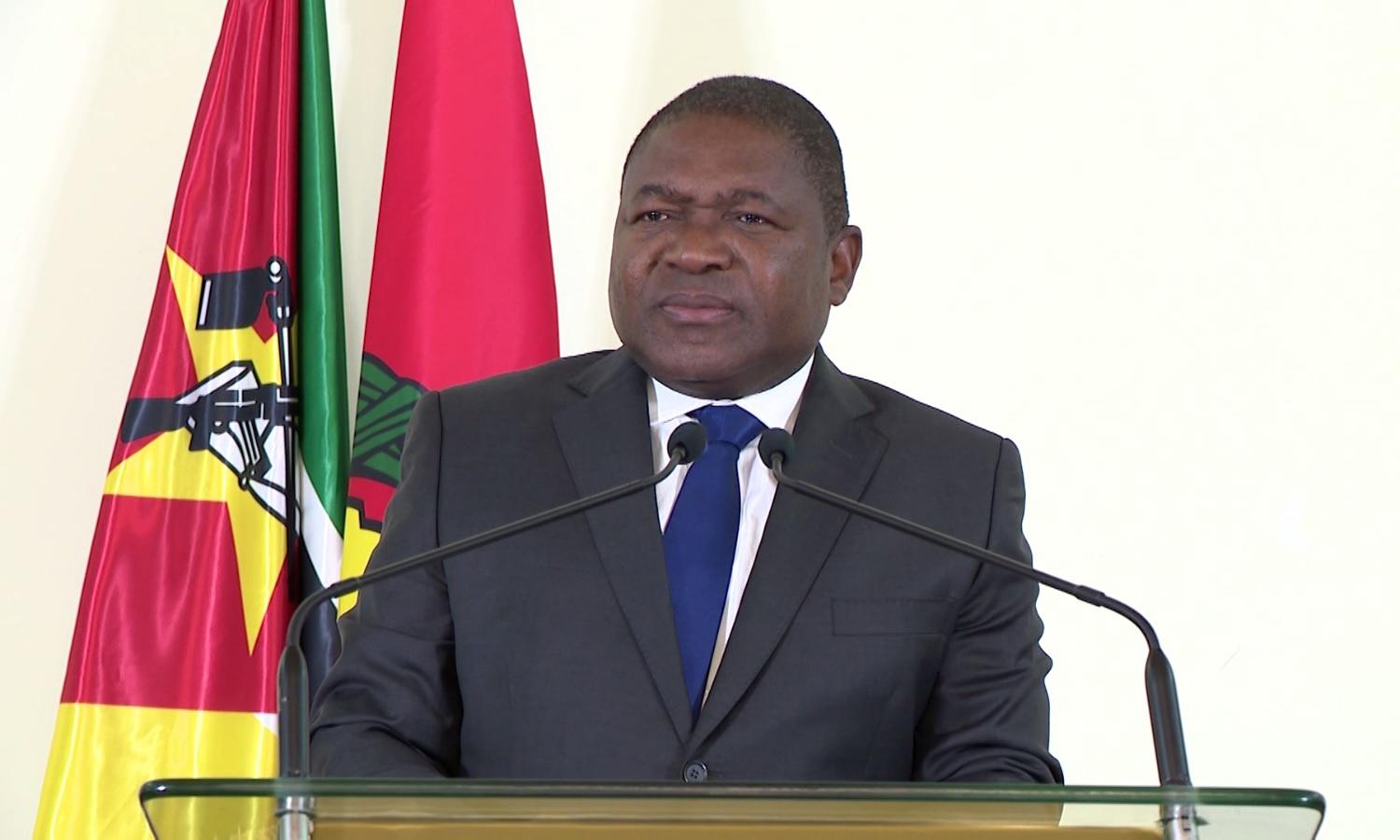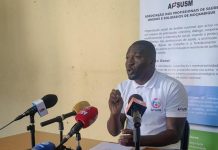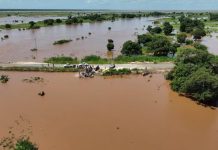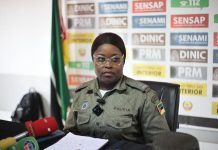Africa-Press – Mozambique. President Nyusi of Mozambique emphasised, in his address to the nation on Sunday evening, that there is no reason to fear foreign troops in Cabo Delgado, adding that no country has asked for a reward for contributing to the fight against terrorism.
President Filipe Nyusi said this Sunday (26 July) that no country has demanded a reward for participating in the fight against terrorism in Cabo Delgado province. The Mozambican head of state reiterated, in an address to the nation, that terrorism is a global phenomenon and cannot be fought by a single country.
“There is no reason to fear the presence and intervention of the SADC or Rwanda forces. No one asked Mozambique for a reward for helping to save the lives of Mozambicans. At least my government and I have no knowledge [of this],” he stressed.
A force from Rwanda, comprising about 1,000 men and women, is already on the ground. Troops from the Southern African Development Community (SADC) were expected to arrive in the country from 15 July.
Since October 2017, the security crisis in Cabo Delgado has resulted in more than 2,000 dead and 817,000 displaced, in addition to the destruction of infrastructure.
Undisclosed arrival dates
The head of state downplayed reports that the arrival of Rwandan troops before the SADC force had created any discomfort in southern African countries, saying the matter had been decided at the bloc’s extraordinary summit in June.
“Countries in the region are already mobilising in this direction, so much so that the commander of these forces is already in Mozambique. At the same extraordinary summit of SADC, it was decided that, in addition to regional support, Mozambique had the prerogative of requesting support from any bilateral partner outside the region, with priority for African countries,” the Mozambican president said.
Nyusi did not give any new dates for the arrival of the SADC force in Mozambique.
The president, who is also the commander-in-chief of the Defence and Security Forces, indicated that the actions of the forces in the field will follow a previously approved command structure.
“The referred command structure guarantees that there is no confrontation, friction or disarticulation between our forces and the foreign forces. It also safeguards that there is no friction between the various international forces that may be engaged in our country,” Nyusi explained.
Filipe Nyusi said that Mozambicans will be at the forefront of strategic direction of the operations as they know the terrain and context better, and are the most interested in restoring peace in the country.
Gaps in the address?
Commenting on the head of state’s address to the nation, commentator Dercio Alfazema considered that, “reading between the lines, it was clear that there is still no total comfort about the next steps in relation to the arrival of the SADC troops.”
For Alfazema, the address to the nation was comprehensive. However, “very specific cases that have been raised about human rights violations may have been left out in this address”.
The analyst cited, for example, the murder of a woman made public through social networks in September 2020. It was never made clear whether the perpetrators of this act were terrorists or members of government forces.
Alfazema considers it important that the president had come to clarify to Mozambicans that the intervention is taking place within the framework of support based on international norms, but warned that “in diplomacy, there are no free lunches”.
“Mozambique has also been supporting these countries. I think that this arrival may also be a result of this return to the support that Mozambique has given to other countries,” Alfazema comments.






